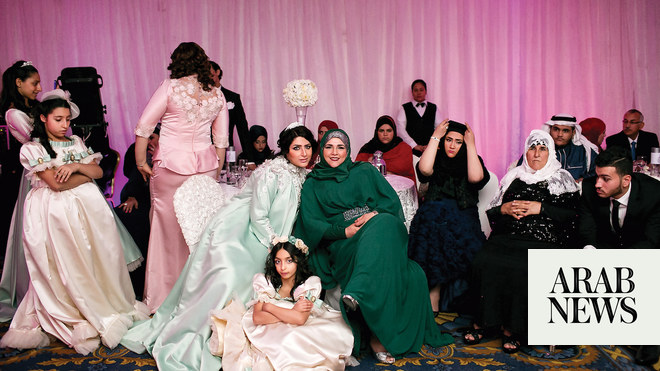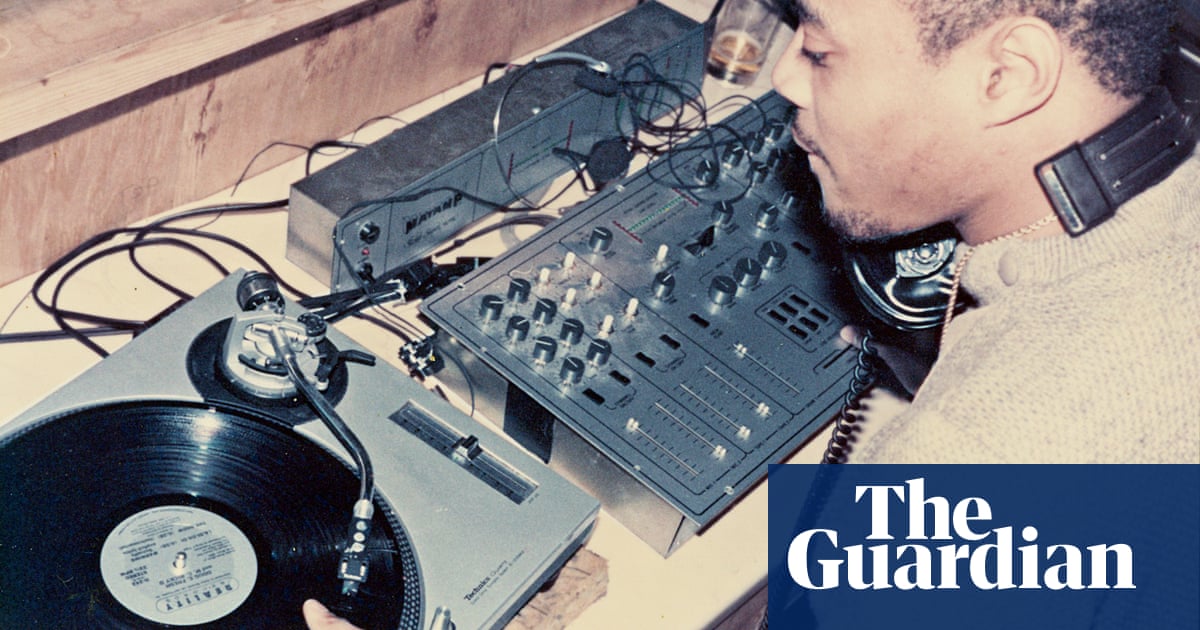
President Duterte says vote buying common, offenders should be prosecuted
Under the Omnibus Election Code, vote buying carries a penalty of up to six years’ imprisonment and disqualification from public office
MANILA: While there has been less poll-related violence, Philippines’ elections officials said that their biggest challenge was to end large-scale vote buying in midterm elections on Monday.
However, officials including President Rodrigo Duterte admitted that the practice of vote buying has long been an integral part of Philippine elections.
More than 61 million Filipinos have registered to vote in this year’s elections where about 18,000 congressional and local posts are at stake. The amount of bribe being offered in exchange for votes has reportedly increased to P3,000 ($58), particularly in the provinces.
Interviewed by reporters after casting his vote in Davao City, Duterte said that he had not received any report on any major incident that would disturb the conduct of the elections.
“Just the ordinary, the vote buying and violence there, violence here,” he said, adding that those caught buying votes should be prosecuted to the full extent of the law.
Under the Omnibus Election Code, vote buying carries a penalty of up to six years’ imprisonment and disqualification from public office.
Duterte, however, said that the practice “has been an integral part of an election in the Philippines” and “not one of them (candidates) does not resort to vote buying.”
“When you start to give money ... it’s not because I’m buying the vote of the fellow, it’s because I’m giving him money to go to the (polling) precinct, cast his vote, and go home ... Or you send food to your leaders who are here sacrificing and waiting for the food to eat so that they can last until the last vote is counted,” said Duterte.
Duterte added that vote buying would continue “for as long as the Philippines remains a poor country.”
PNP Chief Gen. Oscar Albayalde said they had recorded 332 incidents of vote buying with 297 violators arrested. “It’s really massive this time,” he said.
But other than that and some isolated incidents, mostly in Mindanao, the police and the military said that the elections were generally peaceful.
“Very minimal breach of peace and order was monitored and reported from all over the country. There were last-minute attempts to disrupt the conduct of the elections but these were immediately addressed by our security forces,” said the military’s public affairs officer Col. Noel Detoyato.
On the issue of vote buying, he said this could be attributed to the modernization of elections.
“They (candidates) now have a hard time manipulating results so they resorted to widespread vote buying, which was monitored, acted upon and prevented.”
Ramon Casiple, of the Manila-based think tank the Institute for Political and Electoral Reform, said that vote buying had always been part of problematic traditional politics in the country.
“Buying of votes is the more pervasive (problem) with traditional politics in the Philippines. You can say that here it’s ‘money politics’,” he told Arab News. And while it does not necessarily guarantee victory for politicians who resort to bribing the voters, it still is a big factor.
The practice persists because there is no party loyalty among politicians in the country.
“Here it’s not a political party system,” Casiple said, adding that political families or dynasties still reign.
“Party loyalty is one of the reforms we have long been pushing. The solution to traditional politics is to make the political party system work, let it take root so that there will be rules and discipline among candidates, which we do not have at the moment,” he said.









